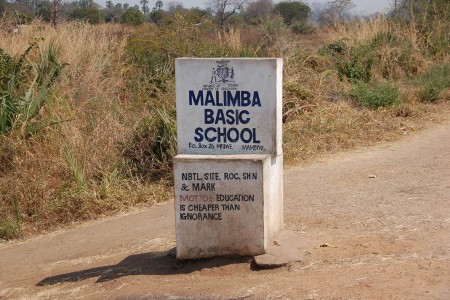Greta Van Susteren of Fox News has worked in the past to support with the Reverend Franklin Graham and Samaritans Purse. Yesterday she wrote about their recent efforts to build a school and orphanage for roughly 100 children, and their purchase of 100 XOs to send to them thanks to a generous donor.
From her post on gretawire:
Just recently, a contribution was made to Samaritans Purse so that Samaritans Purse could purchase 100 computers for the orphan children. This will open doors for those kids – giving them a chance that they would not otherwise have. I don’t need to tell you how important learning is or what opportunities can be realized with a computer.
What kind of computers? The XO. It is a very, very special computer – and very durable since kids are not known to be that careful with things. Here are some pics of my assistant with the XO computer…
Thanks to everyone involved, and I hope you connect with the other great thinsg that OLPC Haiti are doing!


